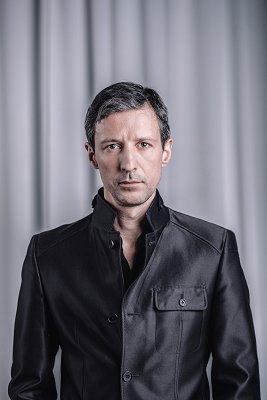Symposium 2023
24.4.2023
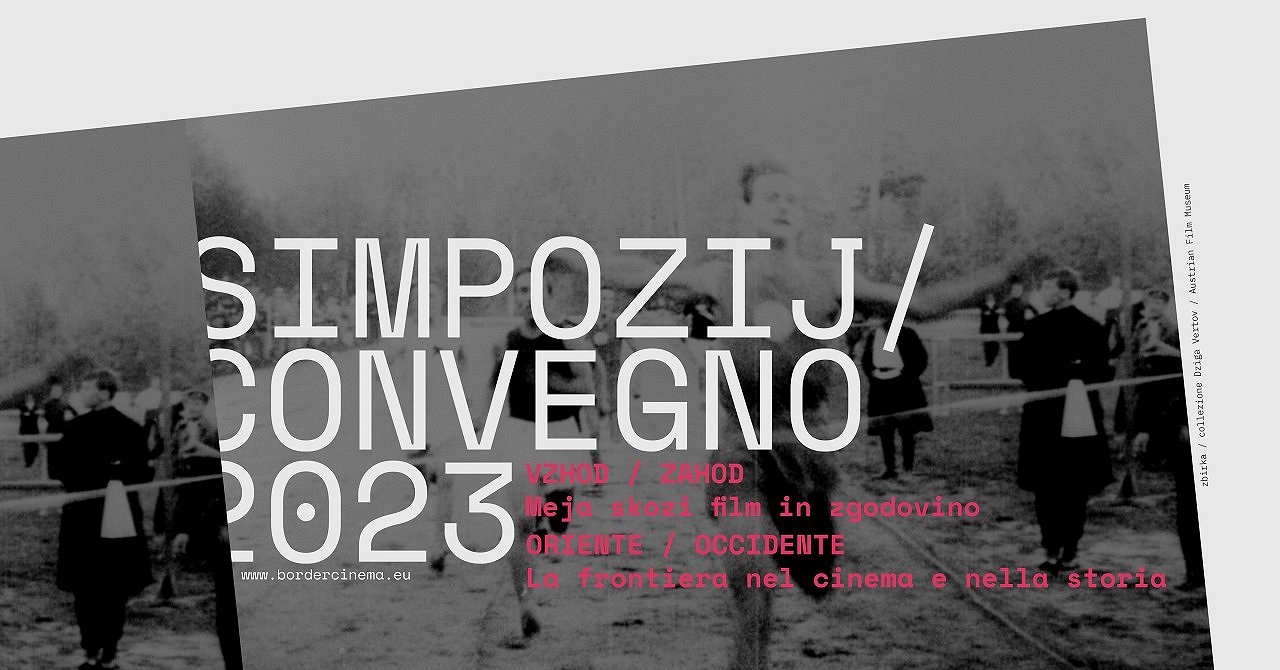
The symposium, which took place in the Palazzo del cinema in Gorizia and in the Slovenian Cinematheque, focused on the importance of film newsreels and archival material in presenting and learning history. It also focused on the importance of designing a creative learning environment for acquiring knowledge from history.
9. 5. 2023
GORICA / GORIZIA
HOUSE OF FILM / PALAZZO DEL CINEMA
9:30–12:00
INTRODUCTORY GREETINGS
FABRIZIO SPADOTTO, Director of the Office for Cultural Activities of the FVG Region
FILM HISTORY AND FILM ARCHIVES
Which sources are the basis for writing film history? How many genres of film history are there and what are they? When did the scientific study of the history of film begin and when and how did the first movie theaters, cinema museums and film archives come to be?
Lecturer: PAOLO CANEPPELE, University of Udine (20 min)
HISTORICAL ARCHIVE OF LUCE: THE HERITAGE OF NEWSREELS AND AUDIOVISUAL RESOURCES AND THEIR CREATIVE USE IN DIDACTICS
Presentation of the historical archive of the Luce Institute in Rome and the Luce platform for didactic purposes.
Lecturer: PATRIZIA CACCIANI, ANDREA SCAPPA study, research, education and library department at the historical archive of the Luce Institute (30 min)
FILM AS A TOOL FOR LEARNING HISTORY AND MEDIA ARTS
Digital editions of films that can serve as a critical tool for learning history and media arts: a case study of the film The Battle of the River Astico do Piave (1918).
Lecturer: SIMONE VENTURINI, University of Udine (20 min)
WE DON'T WANT BILINGUALISM
A short presentation of the digitization process of a part of the archive of the Slovenian amateur filmmaker Aljoša Žerjal, which is kept by Kinoatelje. It consists of 34 positive filmstrips in the super 8 format, both black and white and in color, which were stored in a box with the inscription “We do not want bilingualism”. The material, which was recorded in the late 1980s and early 1990s in Trieste and its surroundings, shows alarming evidence of the anti-Slavic sentiment of a section of the Italian-speaking population. The presence of the author, filmmaker Aljoša Žerjal, is planned.
Lecturer: DARIO RIZZO, Center for Cultural Research Bardo / Institute for Slovenian Culture (20 minutes)
ON THE EDGE OF HISTORY
Presentation of the workshop developed by Kinoatelje in cooperation with I.S.I.S.S. Mr. D'Annunzio - M. Fabiani as a part of the EAST-WEST Border in Film and History project. The training program was led by Antonio Dagostin and Lucia Giacomazzi, film students at the University of Udine, in collaboration with ASL 5th grade teachers Alessandro Nardon and Franco La Stella. (20 min)
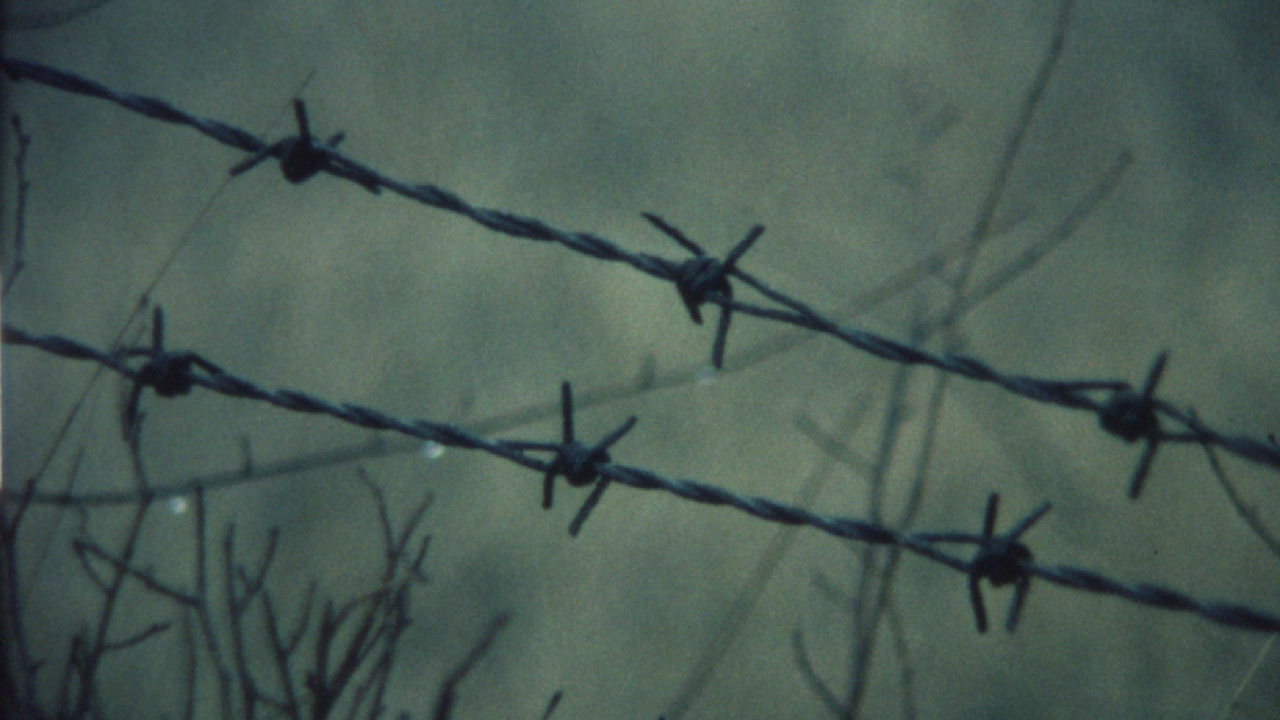
15.00–18.00
INTRODUCTORY GREETINGS
STOJAN PELKO, program manager of EPK GO! 2025
OPEN BORDERS
Presentation of the Open Borders project, which is dedicated to the study of the forms of integration that marked the daily life of the Alps-Adriatic region during the Cold War. The project aims to draw attention to the need to understand the past of the European continent, which goes beyond black and white explanations of the dichotomous division into East and West, and to offer a more diversified picture of Europe from the end of World War II to the present day.
Lecturer: BORUT KLABJAN, ZRS Koper (20 min)
FILM NEWSREELS: THE BIRTH OF A FORM OF FILMIC AND JOURNALISTIC REPORTING
When were the first film newsreels made? Who invented them? This lecture, dedicated to the birth of film newsreels in Europe and the USA up to 1914, tries to answer these and many other questions. The mentioned period, which has been relatively little researched until today, was decisive for the subsequent development of this genre, which was increasingly used for propaganda rather than informational purposes from the 1st World War onwards.
Lecturer: PAOLO CANEPPELE, Austrian Film Museum (20 min)
FILM NEWSREELS IN THE ABUNDANCE OF INFORMATION AND PROPAGANDA
The production of film newsreels during the rich and dynamic development of this unique film form was most rampant in historical periods marked by intense forms of social conflicts and class struggles. In such turbulent times, depending on the origin and authorship, their role, purpose and expressiveness changed from the tendency to inform (or counter-inform), through overt or covert propaganda and ideological indoctrination, to efforts to raise awareness and educate. In a brief review, based on examples from Slovenian and global production, we will draw attention to the key factors of individual highlighted tendencies and their role in the development of "historiography" - a way of presenting "history-in-pictures" or audiovisual forms, which represents a welcome complement to "historiography", i.e., the prevailing, more traditional approach to dealing with and recording history.
Lecturer: ANDREJ ŠPRAH, assistant professor in the field of film and television studies at the Academy of Theatre, Radio, Film and Television (AGRFT) of the University of Ljubljana (30 min)
ADAPTABLE HISTORY: QUOTATION, PARAPHRASE AND RECYCLING OF CINEMA TOPICALITY
Filmmakers, producers and television networks have always used so-called "currently relevant films" to make documentaries and programs for informational, educational or creative purposes. Cinematheques are an essential and potentially inexhaustible source of inspiration for them, but they are not always sufficiently evaluated. What are the dominant ways of using archival film materials and what principles should we follow to respect the cultural identity of these primary sources?
Lecturer: PAOLO CHERCHI USAI, Cinematheque of Friuli-Venezia Giulia (30 min)
WHAT CHANGES AND WHAT REMAINS? WOMEN IN ITALY FROM FASCISM TO THE REPUBLIC BETWEEN MYTH AND REALITY
The lecture will discuss the position of women and how they were presented during the period of fascism and in the 1950s.
Lecturer: ANNA DI GIANANTONIO, scientist and researcher at the Regional Institute for the History of Resistance and Modernity FJK (20 min)
A WOMAN IN ITALY
Presentation of a newsreel La settimana Incom. A woman in Italy. It is a special edition within the series of La settimana Incom newsreels, which was created in 1946 and was shown in cinemas before the films started.
Lecturer: PATRIZIA CACCIANI, head of the study, research, education and library department at the historical archive of the Luce Institute - Cinecittà (20 min)
In cooperation with the èStoria festival.
20:30
CINEMA CONCERT KINO PRAVDA
Live music:
Guitar: BOŠTJAN NARAT is a doctor of philosophy, professor of history, founder of the group Katalena, publicist and author of music for the theater.
Saxophone, clarinet: DIDIER ORTOLAN graduated in clarinet and saxophone. He is a member and founding partner of the Zerorchestra, which creates soundtracks for silent films.
Collection of Dziga Vertov's newsreels - Kinonedelja and Kino-Pravda
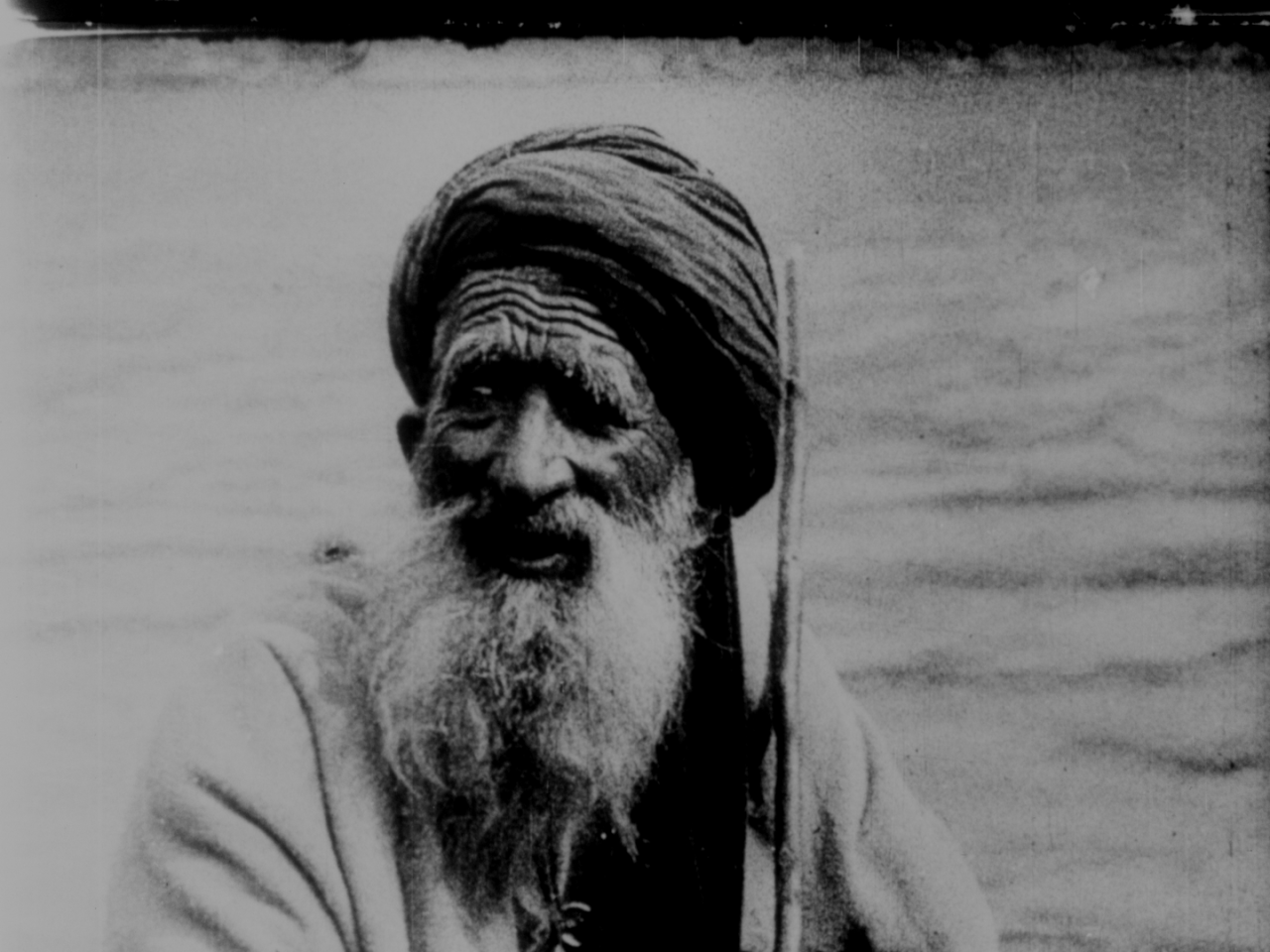
Dziga Vertov's collection - Austrian Film Museum, Vienna
Introduction: JURIJ MEDEN, curator and program manager at the Austrian Film Museum
Between 1922 and 1925, a series of newsreels by Dziga Vertov, titled Kino-Pravda (Cinema-Truth) and consisting of 23 parts, was published quite irregularly and only in few copies. With this series of newsreels, Vertov wanted to create a kind of "newspaper for the screens", and the title is a tribute to the newspaper Pravda, founded by Lenin. Both the Kinonedelja series of newsreels (1918-1919) and Kino-Pravda offer an interesting insight into the early period of the Soviet Union and demonstrate the rapid development of Vertov's film language. Between 2017 and 2018, the Austrian Film Museum digitized and subtitled 22 surviving issues (no. 12 was lost) in German and English, and since 2018 they are available online.
KINO-PRAVDA NO. 7
25. 07. 1922, 11' 29''
Trial of the Socialist Revolutionaries / Rebuilding of the destroyed Siberian village of Taseevo / Railroad station Sljudjanka / Abandoned mica pits near Lake Baikal / Soči health resort / Chudjakovskij-Park / Beach near Tuapse / The loading of silk / Afghanistan, Kabul / Peacetime use of tanks / Mountain road / Chapel in the Caucasus
KINO-PRAVDA NO. 10
September 1922, 15’ 38’’
International Youth Day and demonstrations / All-Russian Olympiad / Streetcar collision / Construction of automobiles in a Petrograd factory
KINO-PRAVDA NO. 19
May 1924, 17’ 22’’
Connecting city and country, south and north, summer and winter, peasant women and worker women / Emancipation of women in the USSR
Boštjan Narat is a versatile creator who does everything with deep reflection. By education, he is a doctor of philosophy and professor of history, but he also works as a musician, publicist, television presenter, theater plays (co)creator and author of music for the theater. With the band Katalena, which he founded in 2001, he released nine studio albums, and in 2010 he also embarked on an independent musical journey. On his professional path, he published a collection of essays entitled Party (2014), which are related to music, poetry, film, theater, sport and, of course, philosophy, and Venturing into the void (2018), another book of essays, with which he consolidates himself as one of the most important contemporary essayists. Goran Vojnović wrote the foreword.
Didier Ortolan was born in 1966 in the French town of Hayange. He graduated in clarinet and saxophone. As a clarinetist, he is active in various chamber ensembles, with which he has won many competitions. He plays with various groups and cooperates with local orchestras. In addition to studying classical music, he is becoming fonder of jazz. He studies harmony and composition and is improving at the Manhattan School of Music. He is a founding member and an active musician within the group Zerorchestra, for which he writes soundtracks for silent films. He carries out teaching activities in private schools and public institutions. He is the conductor of the Pordenone Philharmonic Society.
10. 5. 2023
THE SLOVENIAN CINEMATHEQUE, LJUBLJANA
17:00
CINEMA DEPARTMENT FOR EDUCATORS: FILM NEWSREELS AND PROPAGANDA
Interventions by foreign lecturers will be simultaneously interpreted into Slovenian.
FILM NEWSREELS AND PROPAGANDA
Through the discussion of a special type of documentary production of moving images, film newsreels, we will use examples from different historical periods to show how their creative charge changed, adapted and subordinated to different systems, and often undermined and critically exposed what was happening in the socio-political reality. We will shed light on their information charge and propaganda tendencies, while at the same time pointing out their counter-information subversiveness. We will also focus on their suitability for use in school practice, especially in subjects that most deeply study the relationship between man and the world.
Lecturer: ANDREJ ŠPRAH, assistant professor in the field of film and television studies at the Academy of Theatre, Radio, Film and Television (AGRFT) of the University of Ljubljana (45 min)
NEWSREELS OF THE LUCE INSTITUTE’S HISTORICAL ARCHIVES
Presentation of the program of newsreels from the historical archive of the Luce Institute in Rome, which focuses on the border between Italy and Yugoslavia in the period between 1945 and 1954, with a special emphasis on the city of Trieste.
Lecturer: PATRIZIA CACCIANI, head of the study, research, education and library department at the historical archive of the Luce Institute - Cinecittà (45 min)
JULIAN REGION - THE FILM THAT DIDN'T MAKE IT TO CANNES
Presentation of the film Julian region (Juliska krajina, Radoš Novaković, Serbia / Yugoslavia, 1946), documentary film about Yugoslavia's right to the Italian land of Friuli Venezia Giulia region. Plebiscite in Zones A and B was under United Nations’ supervision. The Trieste crisis coincided with a wave of film festivals in Europe. This means that the festival circuit quickly became an arena in which the struggle for cultural hegemony took place, and films about the dispute regarding the northern Adriatic border were not only intended for domestic, but also international audiences. The documentary Julian region was the first Yugoslav film to be sent to festivals abroad. It was hoped that it would be shown in Cannes, but it never made it to the screen because the organizers immediately rejected it. Taking a Cold War perspective, we will explore the reasons for this rejection.
Lecturer: DR. DUNJA JELENKOVIĆ, researcher at Ca' Foscari University in Venice (75 min)
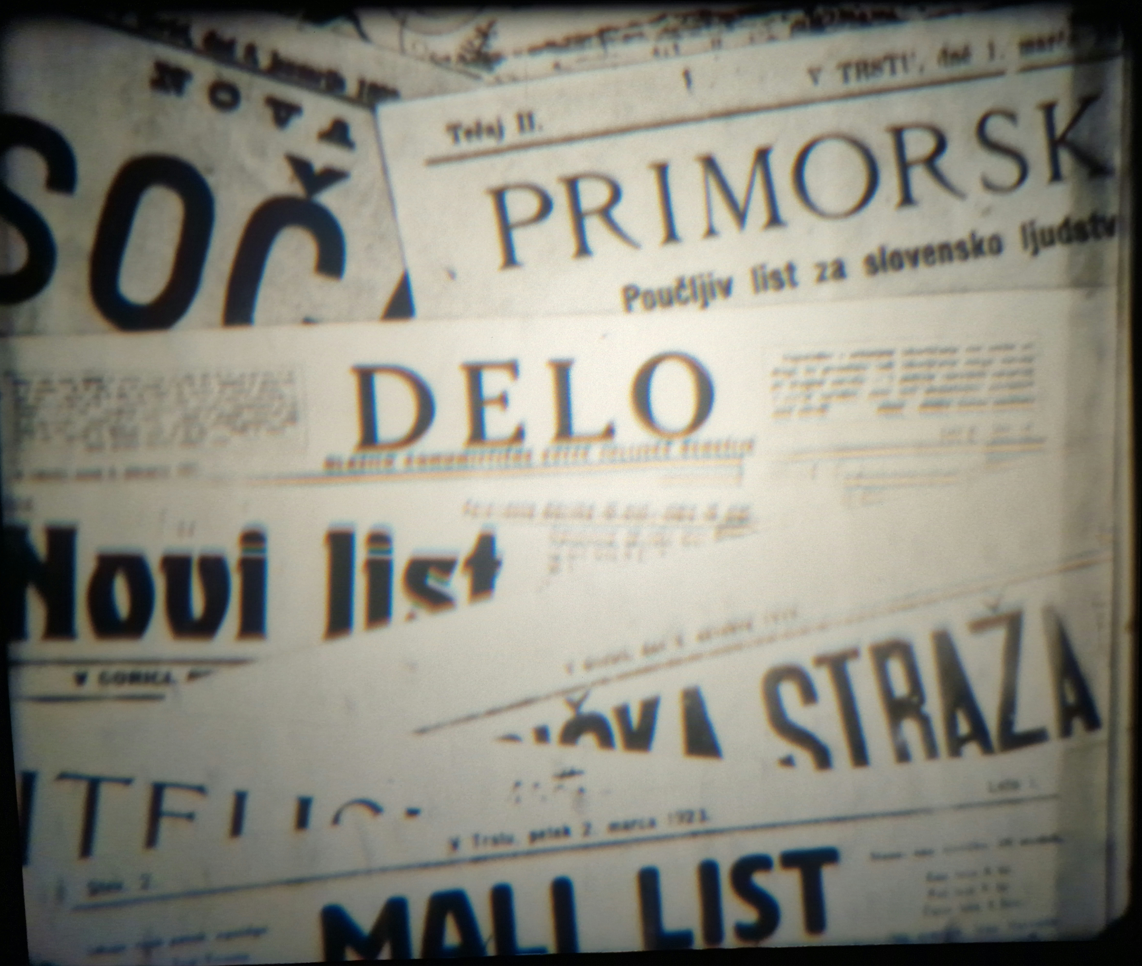
The project is supported by the Province of Friuli-Venezia Giulia and is part of the European Capital of Culture program GO! 2025.





